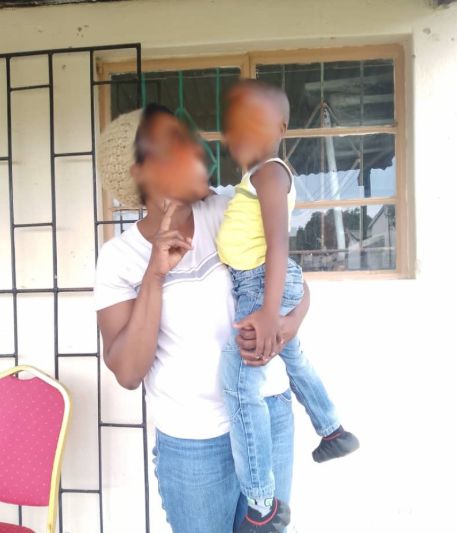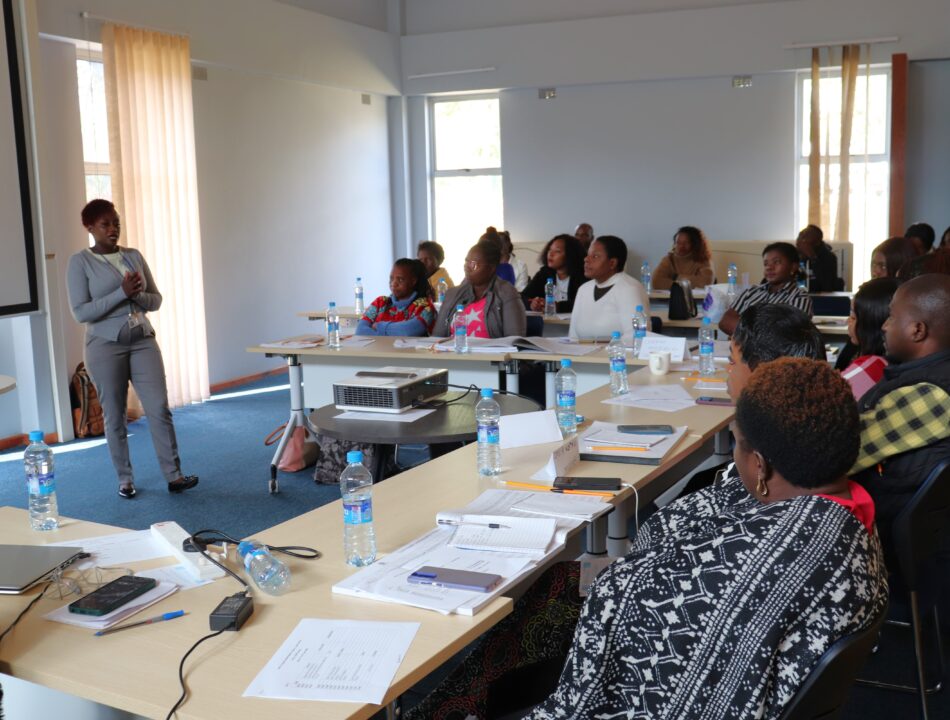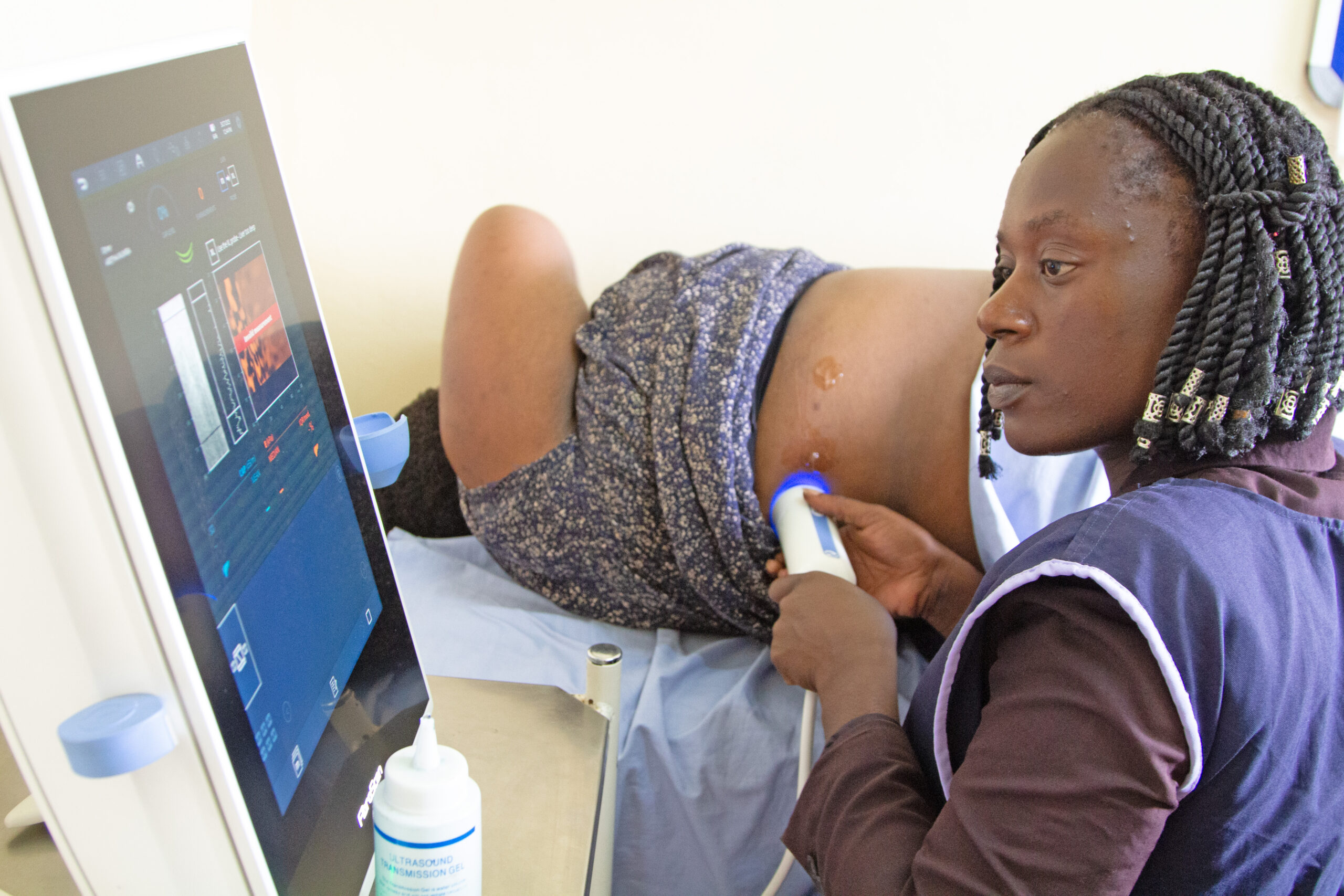
Chieftainess Leads Charge Against TB in Southern Province.
January 15, 2025
CIDRZ’s USAID Zambia TBLON Project Combats TB Myths in Chikankata.
January 20, 2025Tuberculosis (TB), a bacterial infection that usually attacks the lungs, can be challenging to diagnose in young children. Collecting sputum samples using the traditional laboratory test method is often challenging with infants and toddlers. This hurdle delays diagnosis and treatment, putting children at risk.
However, there is hope, as the World Health Organisation (WHO) has recommended using stool samples, among others, for TB diagnosis in children.
Embracing this innovative approach, the United States Agency for International Development USAID Zambia funded Tuberculosis Local Organizations Network (TBLON) project implemented by the Centre for Infectious Disease Research in Zambia (CIDRZ) has supported Zambia’s Ministry of Health in rolling out stool sample testing across 350 diagnostic facilities nationwide.
One story that underscores the impact of this new diagnostic method involves Ms Siantobo and her son, Peter, a twin born in 2020.
Peter enjoyed good health until he developed a fever and a persistent cough. Concerned about his health, Ms Siantobo took Peter to Mazabuka General Hospital, where the doctor suspected tuberculosis (TB).
“At first, I was in denial and hesitant to accept the presumed diagnosis,” said Ms Siantobo, reflecting on her initial reaction to the situation.
Despite being convinced to collect a sputum specimen, Peter could not produce a sample. Fortunately, Mazabuka General Hospital Laboratory staff, trained in TB testing using stool samples by the USAID TBLON project, immediately collected and tested a stool sample from Peter. The results confirmed that Peter had TB.
Peter was promptly put on treatment and showed remarkable improvement within few weeks.
“He has since fully recovered and regained his health. I am incredibly thankful to the healthcare workers for the care he received and the support we were given throughout this challenging time,” Ms Siantobo said.
Peter’s story is one of many success stories in using stool to test TB. From October 2023 to September 2024, 6,912 children underwent stool sample testing for TB nationwide, with 147 diagnosed and treated. These cases could have been missed without this new method, potentially leading to tragic consequences.




